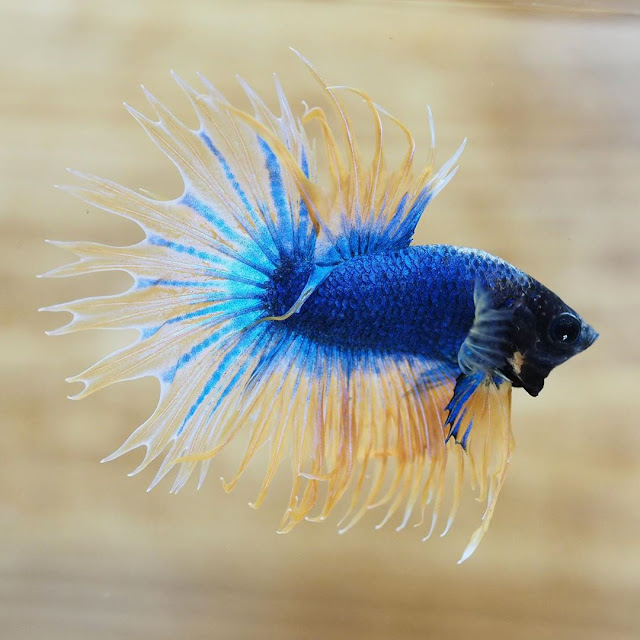The Types of Algae Eaters in Fish Tank: Mussel
The Types ofAlgae Eaters in Fish Tank: Mussel – Mussel will be the familiar name used from freshwater and ocean
habitats, for people of many groups of Mussel or bivalve mollusks. These
communities share a cover whose format is asymmetrical and piercing in contrast
to other delicious Mussel, which is less or often more rounded or oval.
 |
Photo copyright from lifeinfreshwater.org.uk
|
The
Types of Algae Eaters in Fish Tank: Mussel
The term
"mussel" is most often used to just the edible bivalves of the
maritime family Mytilidae, nearly all of which survive open shores inside the
intertidal zone, connected through their strong byssal threads
("beard") to your firm substrate. A couple of species (while in the
genus Bathymodiolus) have colonized hydrothermal vents connected with high
ocean ridges.
Freshwater mussels do
not get much attention they are not pretty with fins or fur. They sit concealed
within the underside of the avenues, as well as their brown shade helps them
and the substrate blend. However, the flow is witnessed by them over a daily
basis because of they clear and filter it for us. Their tenderness to
contaminants makes them an indication of flow health that can help us track
sources of pollution.
Mussel is filter feeders
meaning they attain life sustaining nutrients by blocking the water. In most
home tanks, you can find inadequate suitable hanging contaminants throughout
the water to be able to sustain the bivalve’s living. In situations such as
these, the Mussel involves supplemental feeding, or they will starve.
Selecting Freshwater
Mussel
Shell Dimension,
Structure & Colour: Freshwater Mussel shells could be between one inch in
size. In some cases, the Mussel may be a bigger. Search for Freshwater Mussel
shells that seem dense with a ridged structure to the exterior. Furthermore
look for covers which might be clear of cracks, splits, pits and deformities.
Freshwater Mussel shell shade can range to tan or light-brown from darkish.
Freshwater Mussel frequently has other types that are subtle or dark lines.
Freshwater Mussel shells might also have regions that appear to be
chalky-white. Moreover, it is not unusual for Freshwater Mussel covers to
become included with small pads of algae. A larger kind of Freshwater Mussel
will be the Asian Silver Mussel.
From Shiny to Spiny
Mussels are a bi-valve
they have a two-aspect shell that is hinged. They closed and start these
"valves" utilizing a solid muscle and tendon that works just like
bending a leg. These valves or shells are available in many styles, styles,
thicknesses, and floor textures. The variety of designs and floors that vary
from shiny to spiny has led to many stylish typical labels, for example,
fatmucket , bright pig toe, elk toe, heel splitter.
Environmental
applications
Mussels are famous as
bio-symptoms to monitor marine environments' fitness in the underwater
environments and also both fresh water. They were particularly beneficial being
that they are spread globally. These faculties ensure that they are
representative of the surroundings where they inserted or are felt. Their
population reputation or composition, function, perhaps the level of
contamination with compounds or factors or behavior can suggest the [8 ]'s
position.
Freshwater Mussel Food
& Water Conditions
Freshwater Mussel is
filter feeders subsisting on a diet of little bits of floating delicious
subject while in the water line. This “floating food”'s origin might be from
and naturally developing products.
Freshwater Mussel like.
Tank water needs a lot of detritus, microscopic trash and decaying matter
flying inside it. This does not signify the reservoir cannot be; it merely
implies that tank water needs to include satisfactory degrees of an edible
issue for your Mussel to consume. For this conclusion, preserving Freshwater
Mussel in reasonably or intensely planted tanks is an excellent idea. A tank
that is live plants continuously shed edible plant matter into the water
column.


